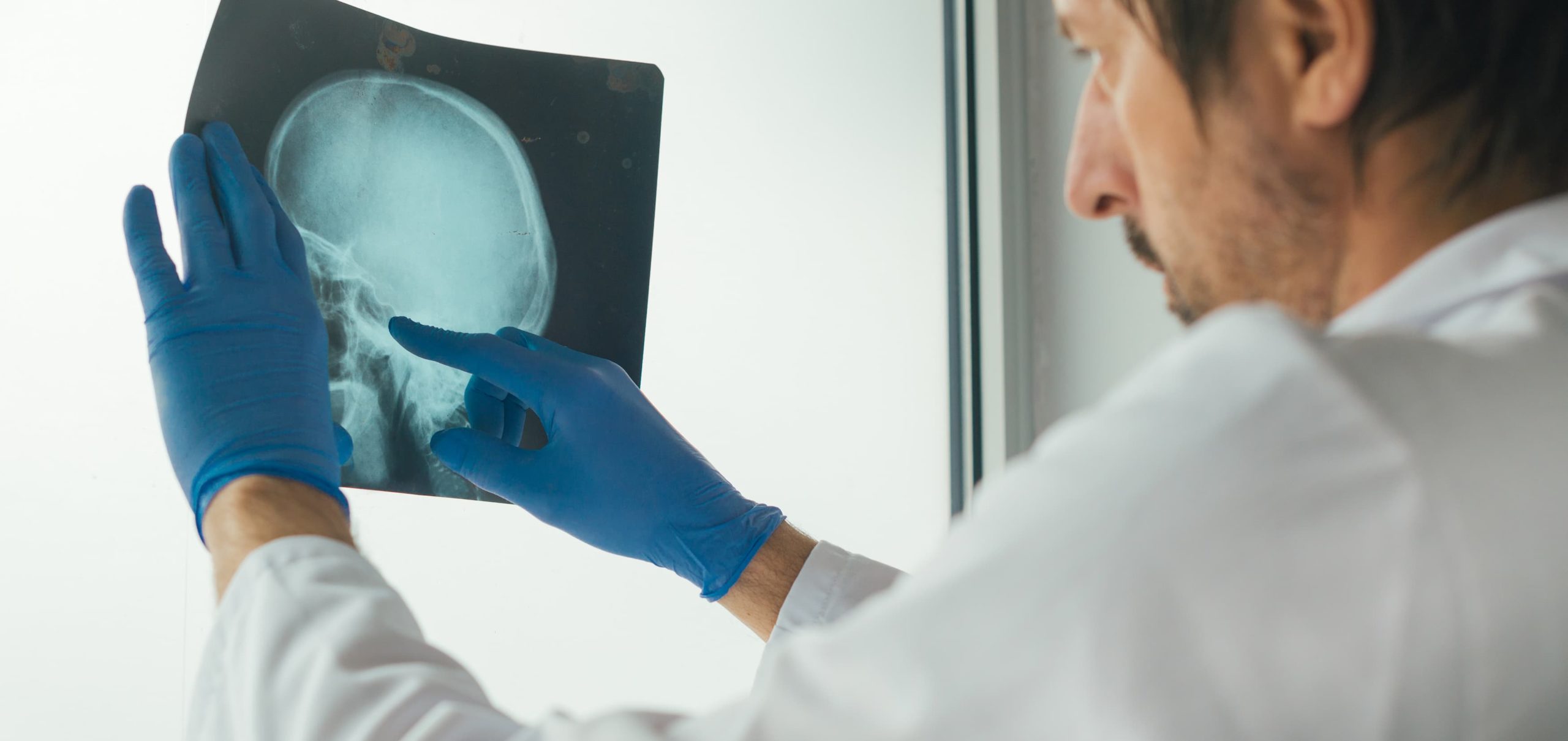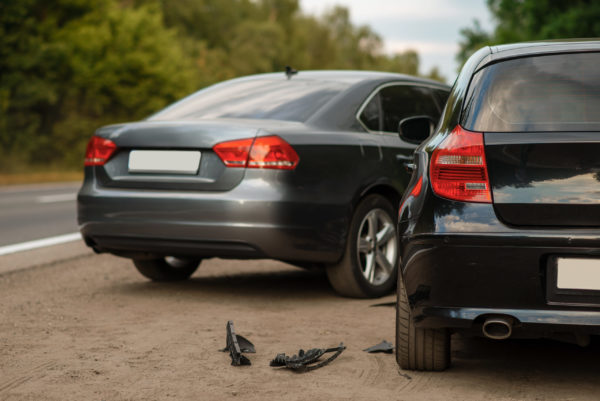Getting into an accident is always a stressful situation, and it can be difficult to understand what your next steps will be. According to Florida Highway Safety and Motor Vehicles, there were 341,399 total crashes in 2020, with 569,182 drivers involved in these crashes. If you plan to file a lawsuit to in order to receive compensation for the injuries you sustained in your accident, you will need to understand the timeline for filing your claim. This is particularly important if you plan to file a claim through your personal injury protection (PIP) coverage in Florida. If you are wondering how long after a car accident can you claim injury, read on for information on how you can protect your personal injury claim after an accident.
What are the Most Commonly Sustained Injuries in a Car Accident?
With the violent nature of car crashes, there are many types of injuries that can be sustained when you are involved in a collision. The most common types of injuries include:
Soft Tissue Injuries

1. Bruising/Contusions
Even the lowest impact collisions can cause bruising. The force of impact can throw you into your seatbelt, which can leave bruises along the impact area. These bruises are far better than the more serious alternative injuries that may occur if you do not wear your seatbelt but are a reality. You may also receive bruises from being thrown against the side of your car or the center console. Bruises are typically surface injuries which will heal within two weeks of your accident.
2. Whiplash
Whiplash occurs when the force of a collision jerks your neck backward or forward in a way it is not meant to move. The result of this injury is a strain of the muscles and ligaments in your neck. These strains can be painful and may require a neck brace to ensure your muscles recover properly.
3. Neck/Back Injuries
The powerful and rapid forces that occur during a collision may cause injuries to the neck and spine that are not apparent straightaway after an accident. These injuries include herniations or ruptures of the discs in your neck, back, or lower lumbar areas. These are serious injuries that can limit your mobility in the affected area. If you have persistent pain in any of these areas several days after your accident, you should seek medical attention as soon as possible. An orthopedist will be able to diagnose and treat the injury quickly. Disc injuries take time to heal and may require surgery.
Internal Injuries
1. Internal Bleeding
The intense forces in action during a collision can cause severe injury to your delicate internal organs. Internal bleeding is common in high-speed collisions. If you suspect you may have suffered internal bleeding, it is essential to seek prompt treatment to ensure these do not escalate to life threatening injuries.
2. Broken Bones
During a collision, the force of the impact may cause your body to hit various parts of the vehicle with enough force to cause a break. Bones were not designed to withstand the pressure they may be put under because of an accident. Broken or fractured bones are rarely life-threatening, however depending on the type of break, they may require surgery to reset the bones, with assistive hardware placed to ensure they heal correctly. Broken or fractured bones typically heal within a few months after an accident but may remain vulnerable to future issues.
Head Injuries

1. Concussions
If you hit your head during a collision, the extreme force of the impact may result in a concussion. A concussion occurs when a forceful impact to the head or a violent shaking of the head and body causes the brain to bounce around or twist in the skull. This causes chemical changes in the brain and can, in more serious instances, stretch or damage brain cells. Concussions may cause issues with memory, such as not remembering what you were doing prior to the accident, and you may feel a decline in cognitive function. Seeking prompt treatment is important to alleviate your current symptoms and get your brain back to normal function.
2. Traumatic Brain Injuries
A traumatic brain injury (TBI) may occur if you sustain a severe impact to your head during a car accident. These injuries are grave and can result in life-altering effects to your brain function. After suffering a TBI, the way that your brain processes information and emotions may change. There is a chance that you can recover some degree of normal function if you receive prompt treatment, however often treating these injuries is a lifelong process.
Mental and Emotional Injuries

1. Post-Traumatic Stress Disorder
After a severely traumatic event such as a car accident, we have the potential to develop mental and emotional conditions such as PTSD. PTSD can cause symptoms such as being too afraid to drive after an accident, anxiety issues or nightmares leading to sleep deprivation, and aversion to any sounds or images that your brain associates with the collision. You should seek treatment for these symptoms from psychologists and therapists who can help you combat the symptoms of PTSD and return to your normal life.
How to Determine What Injuries You Sustained in Your Car Accident
The best way to determine the extent of your injuries in a car accident is to seek immediate treatment. For some people, it may be their immediate reaction to wait to seek treatment the following morning if they do not feel well. This is particularly true if they do not have health insurance. This instinct can be dangerous, however.
As was illustrated above, if you have suffered a traumatic brain injury or internal bleeding due to the force of the accident, what may have been a simpler course of treatment with immediate care may devolve into a dire situation if you wait to be seen. Often the only way to diagnose such injuries is ordering an CT scan, ultrasound, or alternate diagnostic test of the affected area. It is a good rule of thumb to seek some sort of medical treatment as soon as possible after you are involved in an accident.
How Long After a Car Accident Can You Claim an Injury?
Each State has determined a time limit on the liability for an injury claim, ranging from a period of one year to ten years. In Florida, the statute of limitations for filing a civil personal injury lawsuit is four years from the date of the accident. Keep in mind that the sooner you file your claim, the easier it will be to contact any eyewitnesses to the incident.
Another reason to act quickly after an accident is to preserve your personal injury protection (PIP) benefits. Florida is a no-fault State, meaning that when drivers get injured in an accident, they can file a claim with their own insurance company to help cover any medical bills or lost wages resulting from an accident. In order to preserve these benefits, a Florida driver must seek medical treatment and file a claim with their insurance company within 14 days of the accident. These benefits may cover up to $10,000 of your expenses related to an injury sustained in a car accident.
If You Need Assistance Navigating a Car Accident Claim Call Carey Leisure Carney to Talk to a Real Person Today
If you have been injured in a car accident, we understand this is a traumatic time. You can trust the team at Carey Leisure Carney to provide caring and compassionate representation while maximizing your personal injury settlement. Our team will guide you through every step of the process, from referring you to the treatment you need after an accident to procuring a large settlement or verdict to compensate you for your injuries. Our goal is to make the process of hiring an attorney as easy as possible to help return your life to as close to normal as possible. If you find yourself asking how long after a car accident can you claim injury, call our office today for a free consult.
